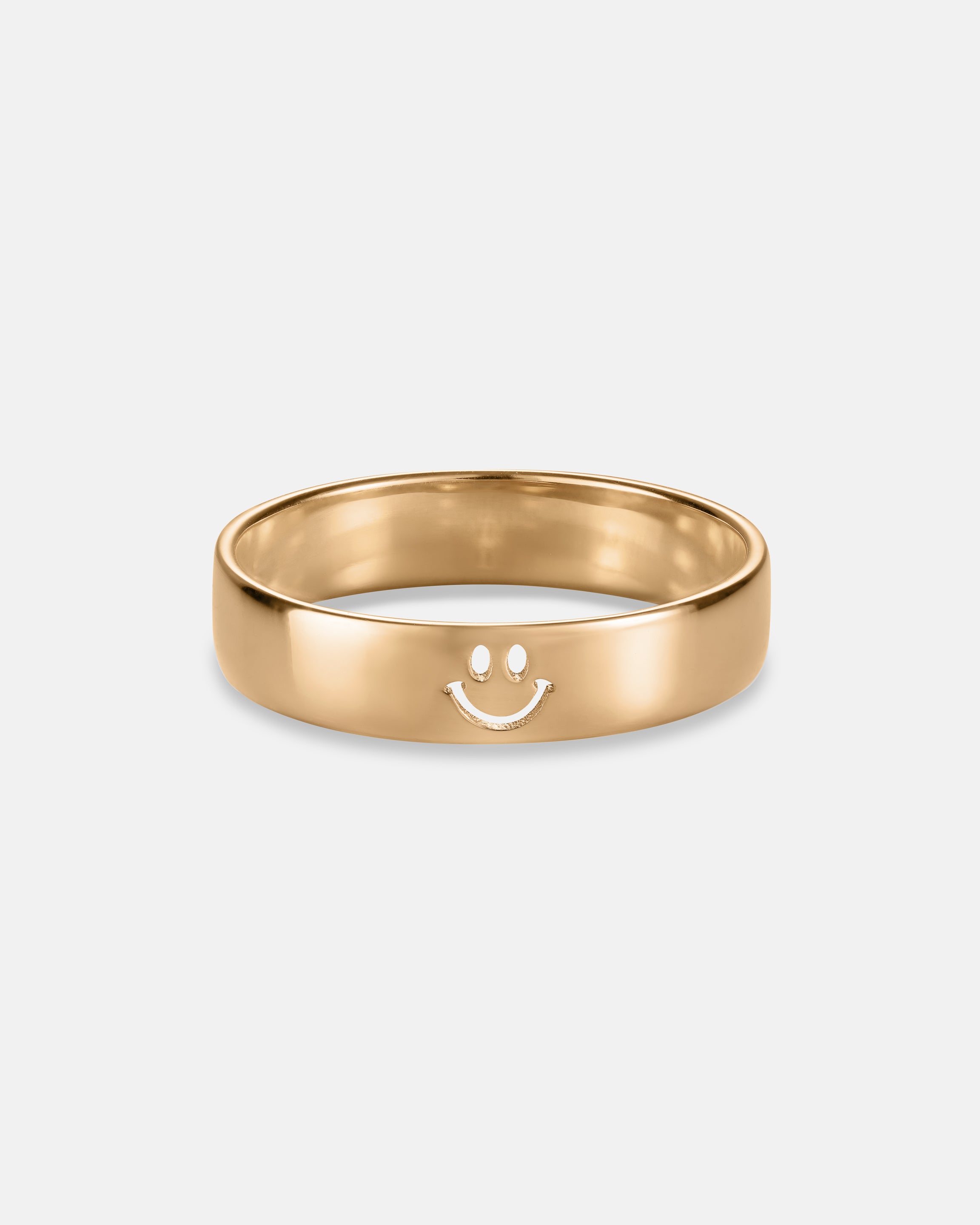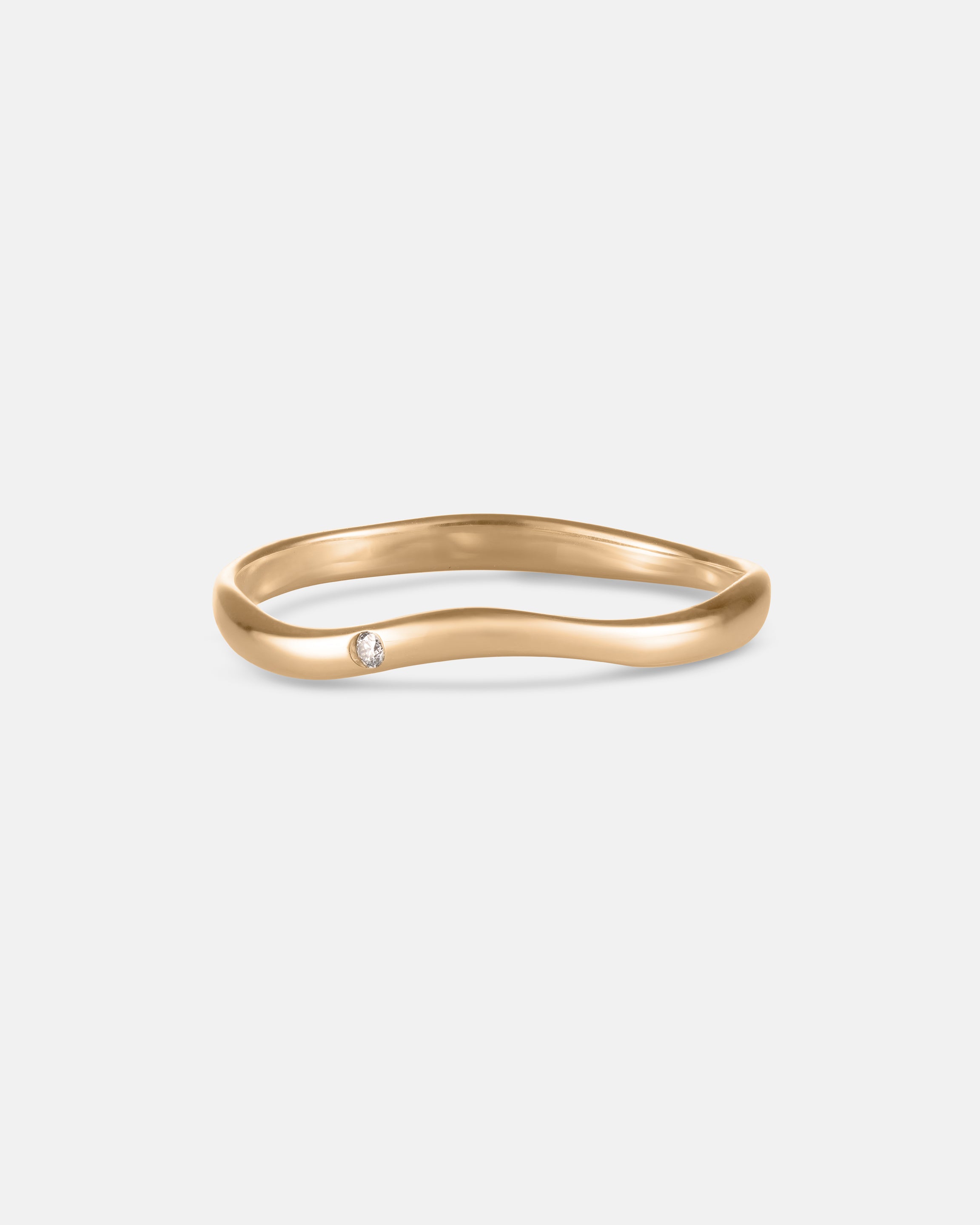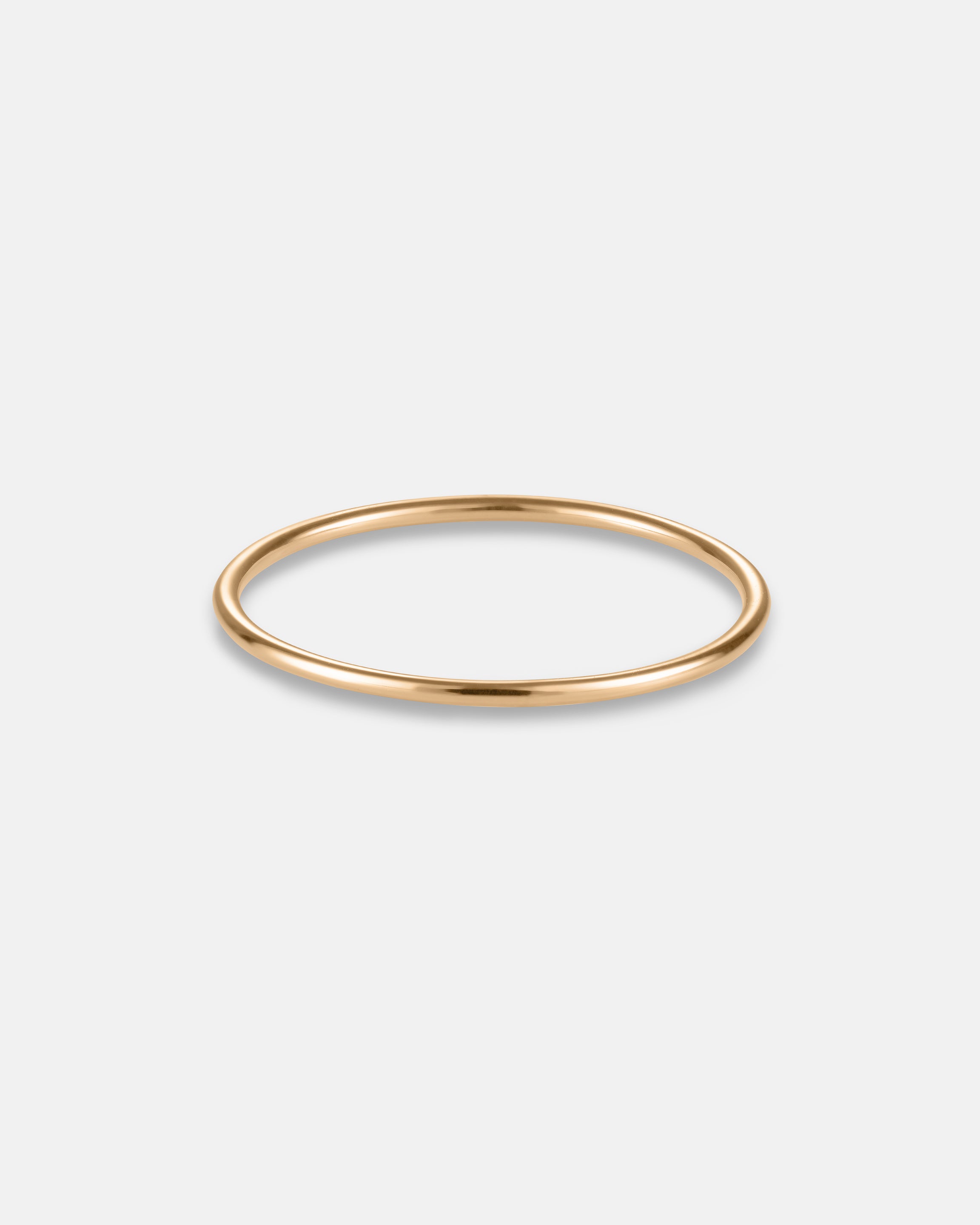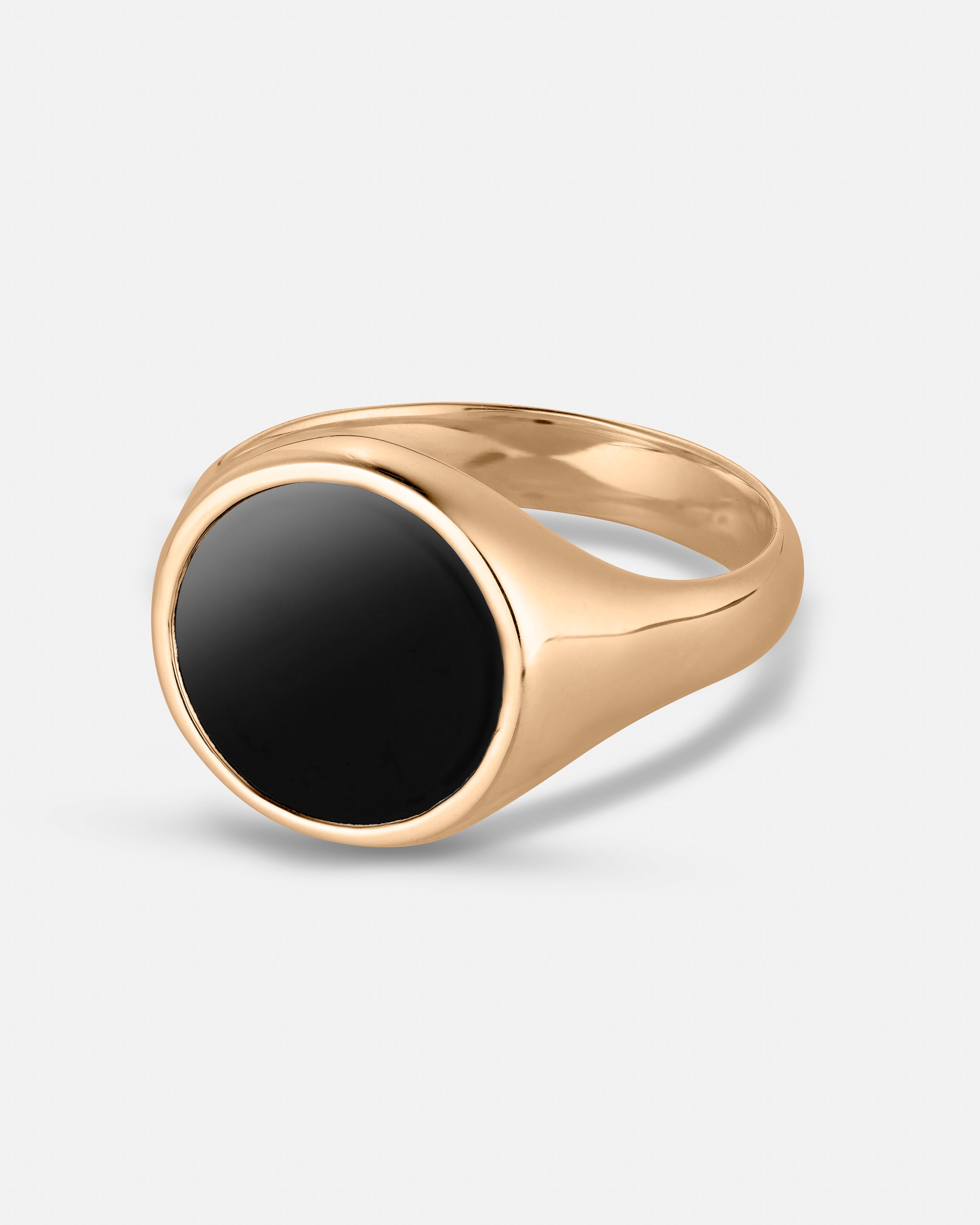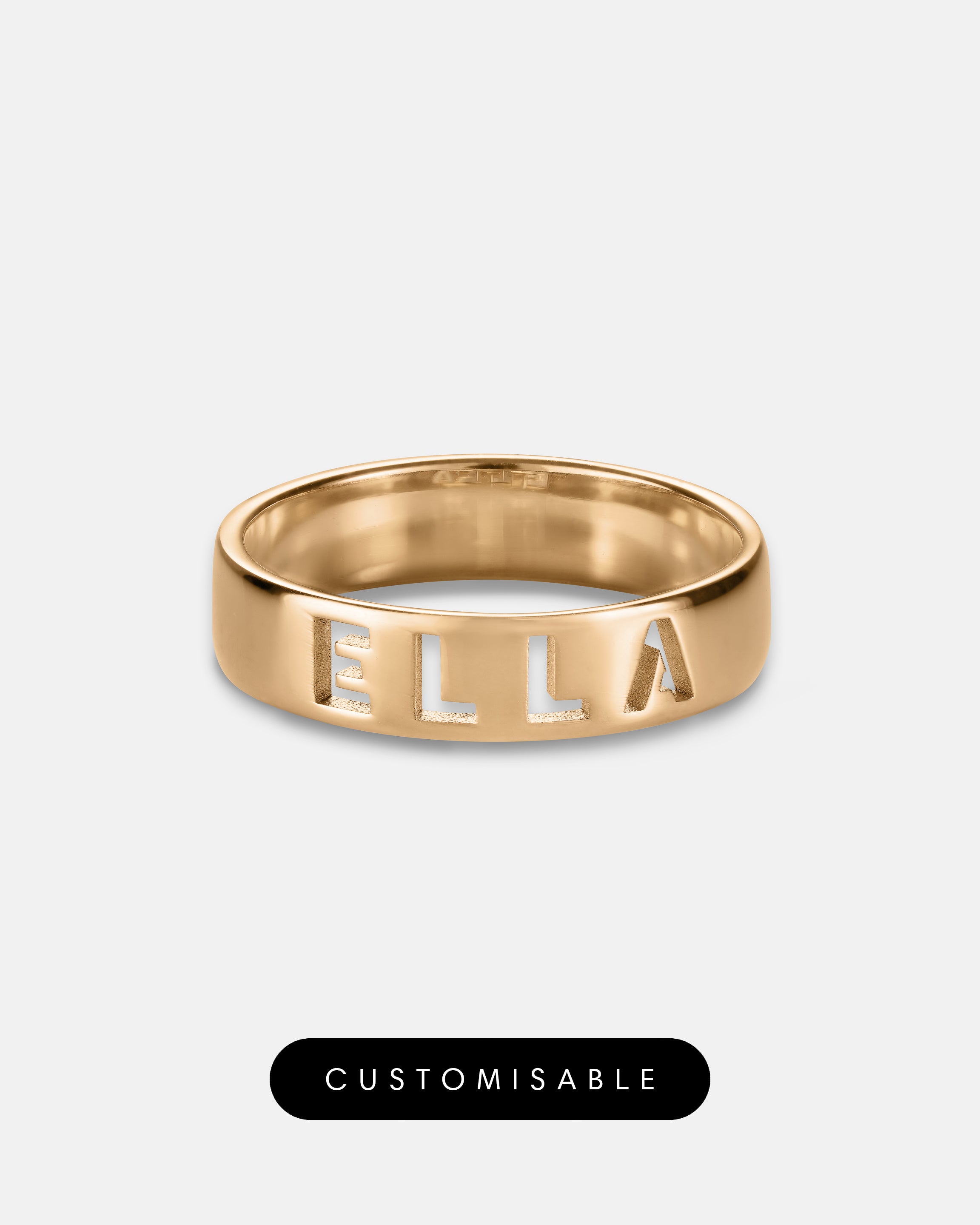In collaboration with Karissa Sparke, WILLIAM ÉDOUARD is donating 30% of proceeds from all Smiley Ring orders placed between 8/9/22 - 11/9/22 to The Butterfly Foundation to raise awareness for mental health this R U Ok? Day.
Director, William Drury, sat down with Karissa to discuss this collaboration, choice of foundation to donate to and general discussion on mental health.
Can you tell us a bit about your partner charity and elaborate on why you chose this alignment?
KS: My husband is a GP, and I actually also studied and worked as an Occupational Therapist (in a previous life), so I have some small insight into the challenges of eating disorders from a healthcare perspective. And also growing up, knowing friends or friends of friends who have struggled with similar issues. There is still a lot of stigma around eating disorders. So I suggested The Butterfly Foundation because the average age of onset of anorexia is 12-13, where it was previously 16. The age of social media probably isn’t helping here. I guess that with the bombardment of imagery in the online space, we consume these (often unattainable) standards of beauty. So I just think it’s such a prevalent thing at this time for young people especially to have to deal with.
WD: When Karissa suggested The Butterfly Foundation, it resonated with me on a personal level. Eating disorders aren’t something that too many people speak openly about, especially men, and the abundance of stigma still surrounding it (and mental health more broadly) can’t be overstated. I knew I wanted to contribute, even in some small way, to an amazing cause and I can’t be happier to do so!
Would you consider yourself an advocate for mental health awareness? What about R U OK? Day resonates with you? Would you like to share a bit of your personal journey or experiences?
WD: In my own, very small way, yes. Beyond choosing to engage with advocacy directly through professional means such as this, I’m constantly increasing the scale to which I open up to friends and family about mental health and its impact on my life. Although seemingly trivial, these small discussions spread outwards, leading to exponential awareness and real change, regardless of scale.
KS: I mean I guess so, in some sense. After suffering silently for a number of years I finally decided to open up about my mental health struggles publically with my IG audience in 2019. It had come to a head after my husband and I had traveled in a van around Europe for 6 months and without my routines and bandaids my anxiety actually went rampant despite “living the dream”. A classic case of “where ever you go, you take your mind with you”
I was around 24 when I had my first depressive episode. I don't even know what triggered it, but it was like sleeping for hours in the day. I tried to keep some semblance of a routine, but everything was hard, the thought of leaving the house was hard. And then that also coincided with the first time I had a panic attack.
Since 2019 I felt compelled to be transparent and honest with my audience, because I knew that I wasn't the only one. And I no longer wanted to contribute to the sometimes very toxic illusion social media creates that I had a perfect life, and that it might be causing someone else suffering. It was the most heartbreaking response when someone commented on my blog post sharing my anxiety that out of everyone on IG, I was the person that this individual compared themselves to and envied my life the most.
I feel inadvertently by hiding this huge part of myself and my life (my struggles with anxiety and depression). And by breaking down that wall, I had broken down that illusion for her and it helped. My husband now jokes that the worse I’m feeling, the better it is for everyone else because I naturally talk about it more during these times, and share more tips of what I’m doing that helps. Even though I’ve come a long way, it’s still an ongoing daily battle between my depression and anxiety and obviously just trying to manage it and understand it and continue doing the work.
What are some of the strategies you individually implement to pull yourself out of a slump? Maybe some ways in which you can combat a bad mood, or at least identify it?
WD: I check in with a therapist from time to time and ensure I practice mindfulness and the necessary cognitive behavioral techniques in my day to day life. Healthy habits, routine, eating well, exercising where possible and journaling all play a vital role for me too - although admittedly some days are a lot easier than others in terms of ticking these items off. That’s where self-compassion, and the understanding that some days just aren’t going to be as productive as others, comes into play.
KS: Yeah, for sure.
WD: What about yourself?
KS: Yeah same, I mean I think when my anxiety was at a peak, and I was having frequent panic attacks a few years back I did go on medication, but I’ve recently been on a break from it. I also go to a therapist, weekly or fortnightly for the last few years. Just having that external person to challenge you on something that you’ve just accepted can be really helpful.
Routines are also super helpful and important for me, but I’ve had to relax on this a bit lately, because trying to hold onto routine and my expectation of routines can create its own problems. Similar to you William, I have also found meditation really helpful and also journaling - just trying to get that separation from thought and yourself.
In the last couple of years, my husband also got me onto Stoic philosophy. One of the key things in Stoic philosophy is releasing what you can’t control and focusing on what you can control. And you know, my mental health and my mood is something that I have kind of no control over sometimes.
There are things I can do to make myself feel as good as I possibly can. I’ve got a base level, and that might be different day to day. It has been a real process for me to accept where I’m at, and do what I can with where I may be at on that day and adjusting my expectations to fit that. Knowing and accepting that I’m not always going to be feeling 100% has been something that’s been really hard for me to let go of, and I think a lot of people can probably relate to whether you struggled with mental health or not, is that you’re going to have a different energy and mood day to day and you kind of just have to meet yourself where you’re at and focus on what you can control. It’s been something that has allowed me to maybe find a bit of self compassion and gentleness towards myself as well.
It’s hard, but I'm learning to try and hold space for whatever negative emotion I might be feeling and do what I can to take care of myself in the moment. Maybe going for a walk is doable one day and it’s not the next but maybe watching a comforting TV show is all you can manage that day, and that’s okay too.
WD: For sure! Stoic philosophy really resonates with me, as does Acceptance and Commitment Therapy (ACT). Once we can relinquish control over what we cannot control, it’s truly liberating.
If your friends were going through anything similar, struggling with mental health or even just low moods, what advice would you give them?
WD: As far as close friends are concerned, if I was noticing negative behavioural changes consistent with my own mental health journey, I think I would speak frankly and recommend they address any problems they might have at their earliest convenience (while also reassuring them that the therapeutic process is most likely going to be a lot more approachable than their preconceptions would have them believe).
KS: Yeah, you know what you were saying earlier William, about feeling like you haven’t done it on a big scale but the work that you do amongst friends to de-stigmatise mental health, and going to therapy is important. I think the process of normalising it, enables openness and encourages therapy to become this process of bettering rather than mending. You know, not to be like ‘therapy. Oh, what’s wrong with you?’
I think the only thing I would like to add to what you’ve said William, is that I think people like that there’s a reassurance in knowing what they’re feeling is okay to feel. The negative feelings you might be experiencing right now are okay, it totally sucks and its really hard, but you’re okay. I try to remind people that change is the only constant. No situation, no emotion, nothing is permanent. Everything is always changing so no matter how stuck you feel, it’s a temporary time and it might last for longer than you want it to BUT it is a temporary state. I do fight against that toxic positivity mentality though. It’s not possible for us to feel happy ALL the time.You have no highs without the lows. So I think it’s about not forcing this idea that ‘what you’re feeling is wrong, and you have to just push through to feel happy again’. It’s about learning to sit with it and knowing it’ll pass.
How do you find working alone on a creative business, especially when dealing with mental health?
WD: It can be really isolating, so leaning on those around you - be it family or friends - is definitely important. As I also mentioned, setting smaller and achievable tasks is really helpful. Some days you’re inspired to do it all, and others you really need to push through, or even delegate the tasks to the following day - or week.
KS: Yeah, I’m much the same. It’s a blessing and a curse working for yourself with mental health struggles because, you know, sometimes I’m so grateful that I can give myself rest and a day off when I’m in a really low place, but other times I wonder if I would benefit from having more structure… and social interactions…
Something I’ve found helpful is setting a goal of just doing something for 5 mins. I basically aim to do whatever I want or am attempting to do for five minutes because just giving yourself that manageable timeframe takes the pressure off. And once you have momentum, then often I sit at my computer and end up doing maybe one to two hours. And my list writing is helpful in two ways- both for depression and anxiety. I use it as a brain dump, so when I'm in an anxious state I can somehow close some of these anxiety routes loops just even by writing down a list of everything that's weighing on my mind or everything I think I have to do, even if I don't do it that day.
What is the importance of spreading a smile and what does a smile mean to you?
WE: Absolutely, receiving a smile from a stranger, a baby or even an animal can change your mood immensely, and vice versa. Sometimes we just need that reminder to bring us back into the present moment - an authentic is the most genuine thing someone can offer that costs nothing. You don’t know what others are going through in their day and acknowledging them in that way can mean the world to them.
KS: I’ve read a lot about how action proceeds mood, and so actually smiling, even if you don’t feel like it, can shift something. It’s not about toxic positivIty or pretending to be happy when you're not, but finding acceptance of where we might be and taking action to shift that direction we want to go.
I also love sharing smiles with strangers, there is power in a moment of connection of eye contact and a smile, no matter how brief. Because small kindnesses can go a long way. I love having my beautiful golden retrievers for this very reason, they are such happy friendly dogs, and I literally have people walk out of their way to come and give them a pat and a cuddle when I’m out with them.
You never know where someone is at, what battle they are waging in their mind, and so maybe that moment, a shared smile brought a little lightness into their day.

